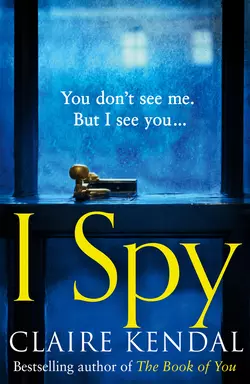I Spy

Claire Kendal
Тип: электронная книга
Жанр: Шпионские детективы
Язык: на английском языке
Стоимость: 930.66 ₽
Статус: В продаже
Издательство: HarperCollins
Дата публикации: 16.04.2024
Отзывы: Пока нет Добавить отзыв
О книге: I Spy, электронная книга автора Claire Kendal на английском языке, в жанре шпионские детективы